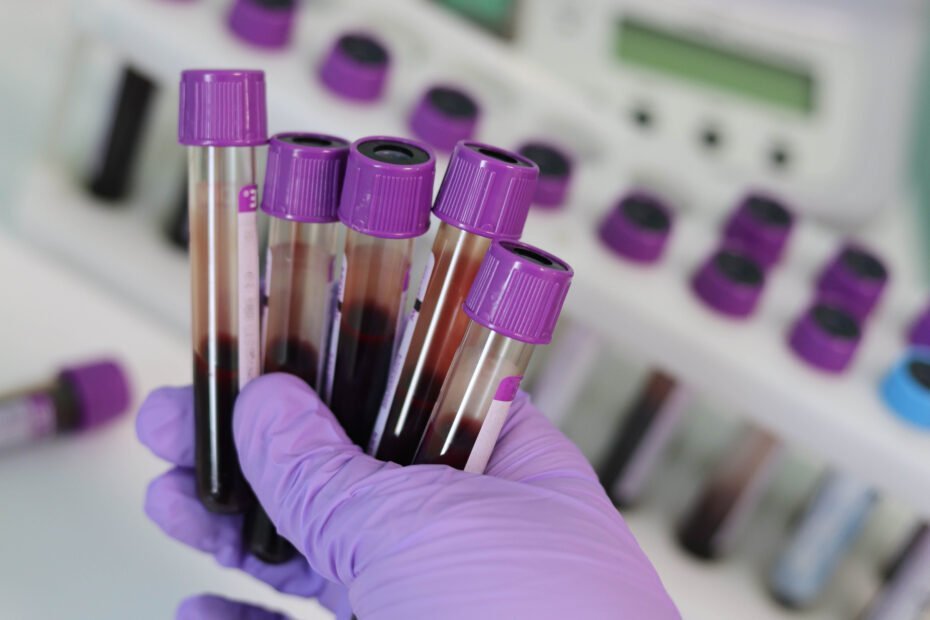In the realm of biomedical research and biotechnological industries, the safety and integrity of biofluids are paramount. Ensuring that these fluids are free from contaminants, especially those derived from infectious diseases, is crucial for both ethical and practical reasons. One of the most reliable methods for verifying the safety of biofluids is through serological Enzyme-Linked Immunosorbent Assay (ELISA). This sophisticated technique not only provides a means to detect specific antibodies or antigens but also serves as a cornerstone in certifying the suitability of biofluids for research and commercial purposes.
Understanding Serological ELISA
Before delving into its application in biofluid safety, let’s grasp the fundamentals of serological ELISA. ELISA is a highly sensitive immunological assay used to detect the presence of specific molecules, such as antibodies or antigens, in a sample. The assay relies on the principle of antigen-antibody interaction, where a target molecule (antigen) is captured and detected using specific antibodies conjugated with enzymes.
In the context of serological ELISA, the assay detects antibodies present in biofluids, indicating exposure to particular pathogens. By using antigens derived from infectious agents, researchers can determine whether an individual has been infected by measuring the presence and concentration of specific antibodies in their serum or plasma.
Ensuring Biofluid Safety with Serological ELISA
When it comes to certifying the safety of biofluids for research or commercial use, serological ELISA plays a pivotal role. Here’s how:
- Screening for Infectious Diseases: Serological ELISA enables the screening of biofluids for antibodies against a wide array of infectious agents, including viruses, bacteria, and parasites. By utilizing antigen panels specific to known pathogens, researchers can identify whether the donor has been exposed to any infectious diseases.
- Verification of Donor Health: Biofluids collected for research or commercial purposes often come from human donors. Before these fluids can be utilized, it’s imperative to verify the health status of the donors to prevent the spread of infectious diseases. Serological ELISA aids in confirming that donors are free from infections, ensuring the safety of the collected biofluids.
- Quality Control in Biotechnological Industries: Biotechnological companies rely on high-quality biofluids for various applications, such as diagnostic test development, therapeutic manufacturing, and drug discovery. Implementing serological ELISA as part of the quality control process ensures that the biofluids used in these industries are free from contaminants, thereby upholding product integrity and safety.
- Regulatory Compliance: Regulatory agencies mandate stringent guidelines for the use of biofluids in research and commercial settings, particularly concerning infectious disease transmission. Serological ELISA serves as a reliable method for meeting regulatory requirements by providing evidence of biofluid safety and compliance with established standards.
Case Study: Serological ELISA in Blood Plasma Safety
To illustrate the practical application of serological ELISA in ensuring biofluid safety, let’s consider a case study focusing on blood plasma, a commonly used biofluid in biomedical research and therapeutic development.
PHP Error: syntax error, unexpected token "<", expecting end of file
In a hypothetical scenario, a biotechnology company specializing in plasma-derived products intends to source blood plasma for the production of therapeutic proteins. Before acquiring plasma from donors, the company conducts rigorous screening using serological ELISA to assess the safety of the collected samples.
The screening process involves testing plasma samples for antibodies against a panel of infectious agents, including hepatitis viruses, HIV, and other blood-borne pathogens. Through serological ELISA, the company can confirm that the plasma donors are free from infections, thereby mitigating the risk of transmitting infectious diseases through their products.
Furthermore, ongoing monitoring and periodic retesting of donors using serological ELISA ensure continuous compliance with safety standards and regulatory requirements. By prioritizing biofluid safety through serological ELISA, the biotechnology company upholds its commitment to producing safe and effective therapeutic products for patients worldwide.
Conclusion
Serological ELISA stands as a cornerstone in safeguarding the safety and integrity of biofluids used in biomedical research and commercial applications. By enabling the detection of antibodies specific to infectious agents, this versatile assay ensures that biofluids are free from contaminants derived from individuals with a history of infection.
From screening donors for infectious diseases to verifying the quality of biofluid-derived products, serological ELISA plays a crucial role in upholding safety standards and regulatory compliance. As biomedical advancements continue to evolve, serological ELISA remains a reliable and indispensable tool for ensuring the safety of biofluids and advancing research and innovation in the life sciences domain.
